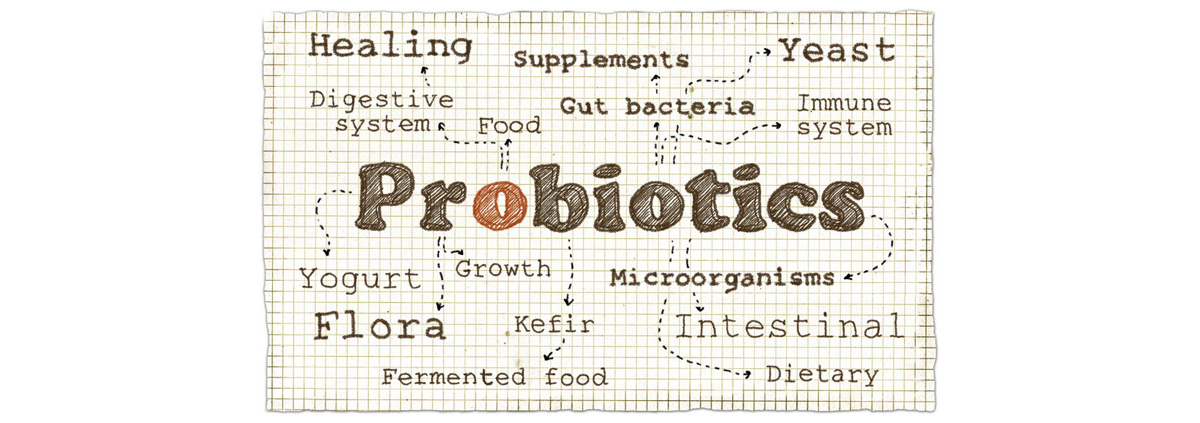More Reasons to Use Probiotics
One of the most frequently asked questions I get is this: “Should I take probiotics when I take antibiotics? I don’t want to negate the benefits of the antibiotics.” Based on the summary of the Cochrane Review, I think there’s enough evidence to say that you should take probiotics any time you have to be on antibiotics. The research evidence is not perfect and the authors called for more and better research to confirm the results, but there appears to be no harm when taking probiotics during antibiotic use. If it doesn’t harm, then it’s a good idea to do it, even if the rate of C. diff is relatively low to begin with. But it’s a good idea to clear it with your doctor because reasons for taking antibiotics can be different.
There are a couple of things that we don’t know. What is the best type of probiotics to take? And how much should we take? In spite of those unknowns, when examining the data summary of all the studies, there was an overall benefit when probiotics were used. That means whether it was just one strain or several, in differing quantities, they all seemed to work. Whatever probiotic you typically use, take it during antibiotic use until we know more.
Another Review Paper
I’m currently going through a review paper on the brain-microbiome connection (3), and it’s one of the best reviews I’ve read in a long time. I’m still checking the background research; it’s complicated physiology and biochemistry. I can’t get it into the typical three Memos per week so it will be a new Bottom Line in the near future.
What I’ve taken away so far is that we should all be taking probiotics every day, unless there’s a reason you can’t. If you buy a quality product, they’re not inexpensive, but it’s still a good decision based on the potential benefits. In addition, it would be a good idea to add fermented foods to your diet every day: yogurt, especially Greek yogurt, kefir, sauerkraut, kim chi, and more. They all contain a variety of probiotics that can add to your microbiome.
You should also take a fiber supplement every day. Fiber supplements contain prebiotics that feed the probiotics—you’re feeding the good bacteria. In addition, eat foods with more fiber, and that means vegetables and fruits. Again, they can provide positive bacteria to help the microbiome if you eat them raw as well as the food the bacteria needs to thrive.
The Bottom Line
There is a long way to go until we have enough research that identifies the best strains and amounts of probiotics to take as well as the best sources. There’s always the possibility we’ll find a better way, such as eating specific varieties of fruit grown in a specific region of the world that has the right strains of bacteria. We just don’t know. But what we do know is that there are benefits to taking probiotics every day right now. I think that’s the path forward at this point for almost everyone.
What are you prepared to do today?
Dr. Chet
References:
1. JAMA. doi:10.1001/jama.2018.9064.
2. Cochrane Database Syst Rev. 2017 Dec 19;12:CD006095.
3. Cell Mol Gastroenterol Hepatol 2018;6:133–148.









